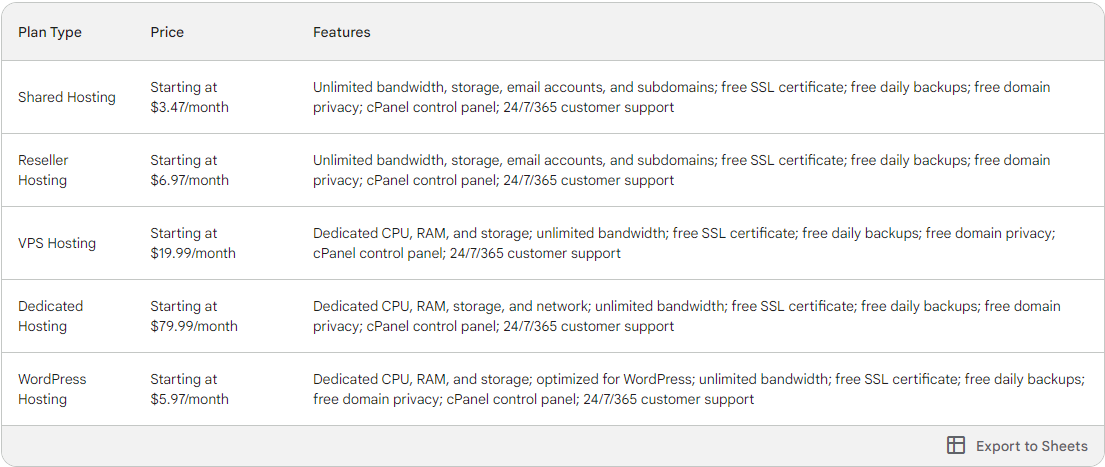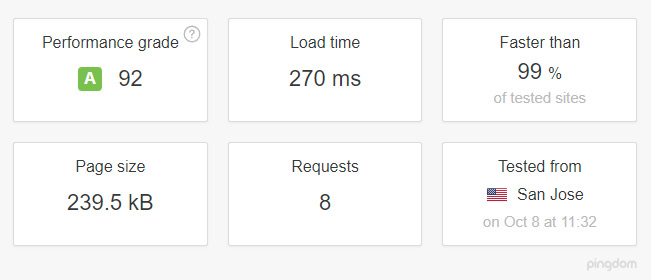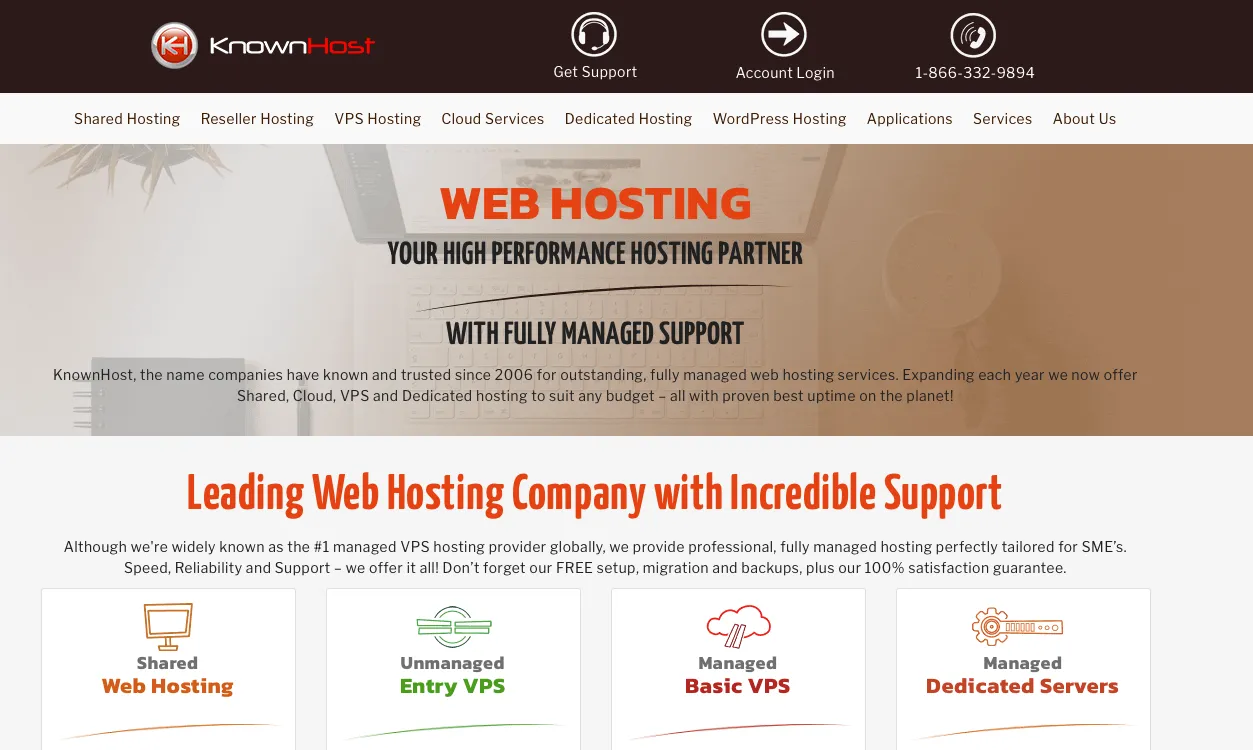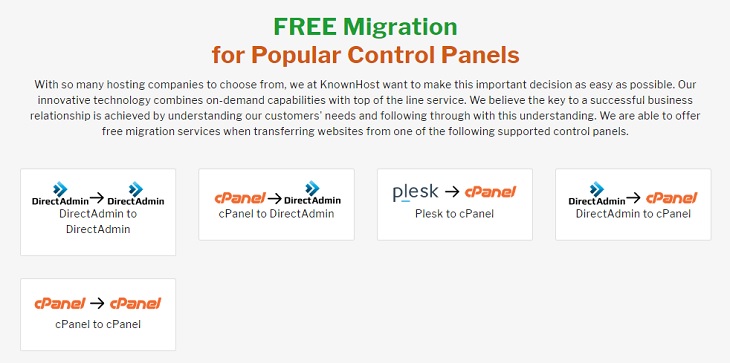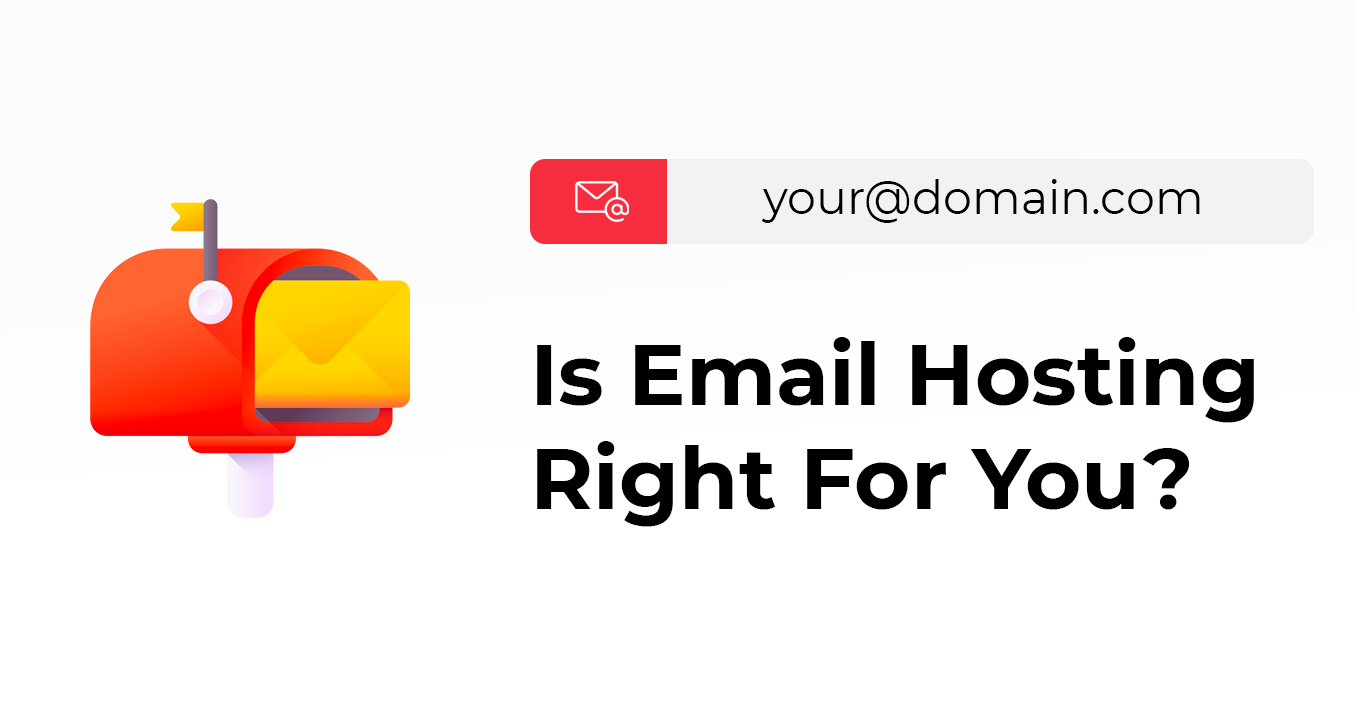About KnownHost
KnownHost is a privately held professional web hosting company founded in 2006. They are headquartered in Ashburn, Virginia, United States. KnownHost offers a wide range of web hosting services, including shared hosting, reseller hosting, VPS hosting, dedicated hosting, and WordPress hosting. They also offer domain registration and transfer services.
KnownHost is known for its high uptime, fast performance, and excellent customer support. They have a 99.9% uptime guarantee and their customer support team is available 24/7/365.
Some of the features of KnownHost’s web hosting services include:
- Free SSL certificates
- Free daily backups
- Free Let’s Encrypt certificates
- Free domain privacy
- Easy-to-use control panel
- 24/7/365 customer support
KnownHost is a good choice for businesses of all sizes. They offer a wide range of features and services at competitive prices. Their uptime, performance, and customer support are all top-notch.
KnownHost is a reliable and affordable web hosting provider. They offer a wide range of features and services that are perfect for businesses of all sizes. If you are looking for a reliable and affordable web hosting provider, KnownHost is a good option to consider.
Here are some of the plans offered by KnownHost:
- Shared hosting: Starting at $3.47/month, this plan is ideal for single domain professional and personal sites.
- Reseller hosting: Starting at $6.97/month, this plan is for those who have multiple domains or want to manage individualized web hosting packages for clients.
- VPS hosting: Starting at $19.99/month, this plan offers more resources and flexibility than shared hosting.
- Dedicated hosting: Starting at $79.99/month, this plan gives you complete control over your server resources.
- WordPress hosting: Starting at $5.97/month, this plan is optimized for WordPress websites and includes features such as automatic updates and staging environments.
KnownHost Features

KnownHost offers a wide range of features for their web hosting services, including:
- Free SSL certificates: All KnownHost plans come with free SSL certificates, which are essential for securing your website and protecting your visitors’ data.
- Free daily backups: KnownHost automatically backs up your website daily, so you can rest assured that your data is safe even if something goes wrong.
- Free Let’s Encrypt certificates: KnownHost also offers free Let’s Encrypt certificates, which are a type of SSL certificate that is easy to install and renew.
- Free domain privacy: KnownHost includes free domain privacy with all of their plans, which means that your personal information will be hidden from the public.
- Easy-to-use control panel: KnownHost uses the cPanel control panel, which is one of the most popular and user-friendly control panels available.
- 24/7/365 customer support: KnownHost offers 24/7/365 customer support, so you can always get help when you need it.
KnownHost also offers a variety of other features, such as:
- DDoS protection: KnownHost offers DDoS protection to help protect your website from attacks.
- Unlimited bandwidth: KnownHost offers unlimited bandwidth on all of their plans, so you don’t have to worry about your website being slowed down by too much traffic.
- Unlimited storage: KnownHost also offers unlimited storage on all of their plans, so you can store as much data as you need.
- Root access: KnownHost offers root access on all of their VPS and dedicated hosting plans, so you have complete control over your server.
KnownHost offers a wide range of features and services that make them a good choice for businesses of all sizes. Their uptime, performance, and customer support are all top-notch, and they offer a variety of plans to fit your budget.
If you are looking for a reliable and affordable web hosting provider, KnownHost is a good option to consider.
Security
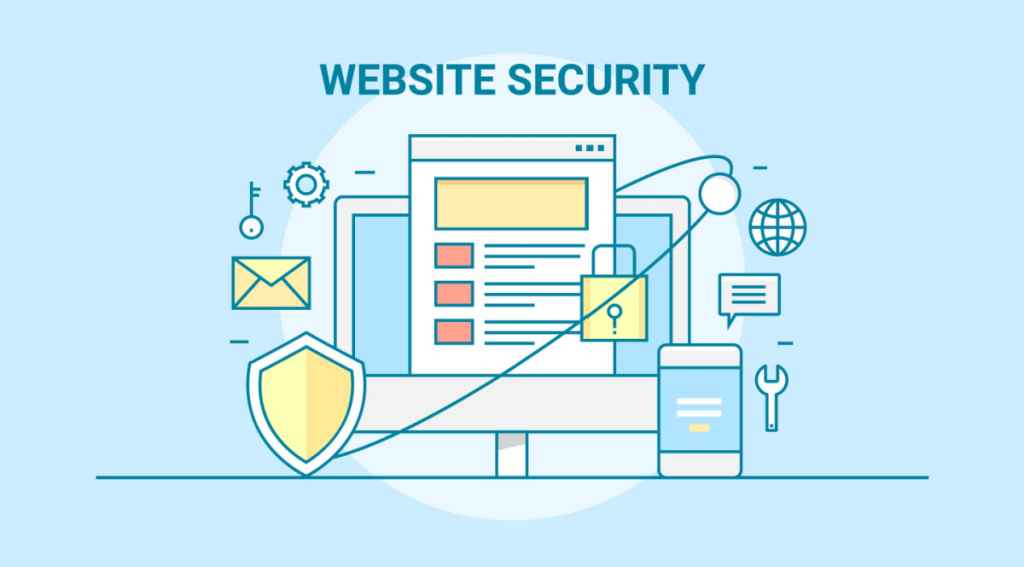
Security is the protection of assets, systems, and data from unauthorized access, use, disclosure, disruption, modification, or destruction. It is a critical aspect of any organization, regardless of its size or industry.
There are many different types of security threats, including:
- Cyberattacks: These are attacks on computer systems and networks. They can be carried out by individuals, groups, or nation-states.
- Physical security threats: These are threats to the physical security of an organization’s assets, such as buildings, equipment, and data.
- Human security threats: These are threats posed by people, such as theft, fraud, and sabotage.
- Natural disasters: These are events such as floods, earthquakes, and hurricanes that can damage or destroy an organization’s assets.
There are many different ways to protect against security threats. Some of the most common methods include:
- Physical security measures: These include things like locks, security cameras, and guards.
- Information security measures: These include things like firewalls, intrusion detection systems, and data encryption.
- Operational security measures: These include things like employee training and security policies.
- Business continuity planning: This is the process of planning for how to continue operations in the event of a security incident.
The best way to protect against security threats is to implement a layered security approach. This means using a combination of different security measures to create a strong security posture.
Here are some additional tips for improving security:
- Keep your software up to date. Software updates often include security patches that can help protect you from known vulnerabilities.
- Use strong passwords and change them regularly.
- Be careful about what information you share online.
- Be aware of the risks of phishing and other social engineering attacks.
- Back up your data regularly. This will help you recover from a security incident.
By following these tips, you can help protect your organization from security threats.
Servers & Data Centers

A server is a computer that provides resources to other computers, such as files, printers, and applications. Data centers are facilities that house servers and other IT equipment.
Servers are essential for businesses and organizations of all sizes. They provide the foundation for many critical applications, such as email, file sharing, and web hosting. Data centers are also essential for businesses and organizations, as they provide a secure and reliable environment for storing and processing data.
There are many different types of servers, each designed for a specific purpose. Some of the most common types of servers include:
- Web servers: These servers are used to deliver web pages to users.
- File servers: These servers store files that can be accessed by other computers on the network.
- Mail servers: These servers are used to send and receive email.
- Database servers: These servers store and manage databases.
- Application servers: These servers run applications that are used by users.
Data centers can be classified into four main types:
- Enterprise data centers: These are owned and operated by businesses and organizations.
- Managed services data centers: These are owned by third-party companies and leased to businesses and organizations.
- Colocation data centers: These are shared facilities that allow businesses and organizations to rent space for their servers.
- Cloud data centers: These are owned and operated by cloud service providers.
The choice of server and data center type depends on the specific needs of the business or organization.
Here are some of the benefits of using servers and data centers:
- Scalability: Servers and data centers can be scaled up or down to meet the changing needs of businesses and organizations.
- Reliability: Servers and data centers are designed to be highly reliable, with redundancy features to protect against failures.
- Security: Servers and data centers are typically housed in secure facilities with strict access controls.
- Performance: Servers and data centers can provide high performance for demanding applications.
- Cost-effectiveness: Servers and data centers can be a cost-effective way to provide IT services for businesses and organizations.
Here are some of the challenges of using servers and data centers:
- Cost: Servers and data centers can be expensive to purchase and maintain.
- Complexity: Servers and data centers can be complex to manage.
- Security: Servers and data centers are a target for cyberattacks.
- Uptime: Servers and data centers must be up and running at all times to ensure business continuity.
- Compliance: Businesses and organizations must comply with regulations governing the use of servers and data centers.
servers and data centers are essential for businesses and organizations of all sizes. They provide the foundation for many critical applications and services, and they can be a cost-effective way to provide IT services. However, businesses and organizations should carefully consider the challenges of using servers and data centers before making a decision.
KnownHost Plan Types
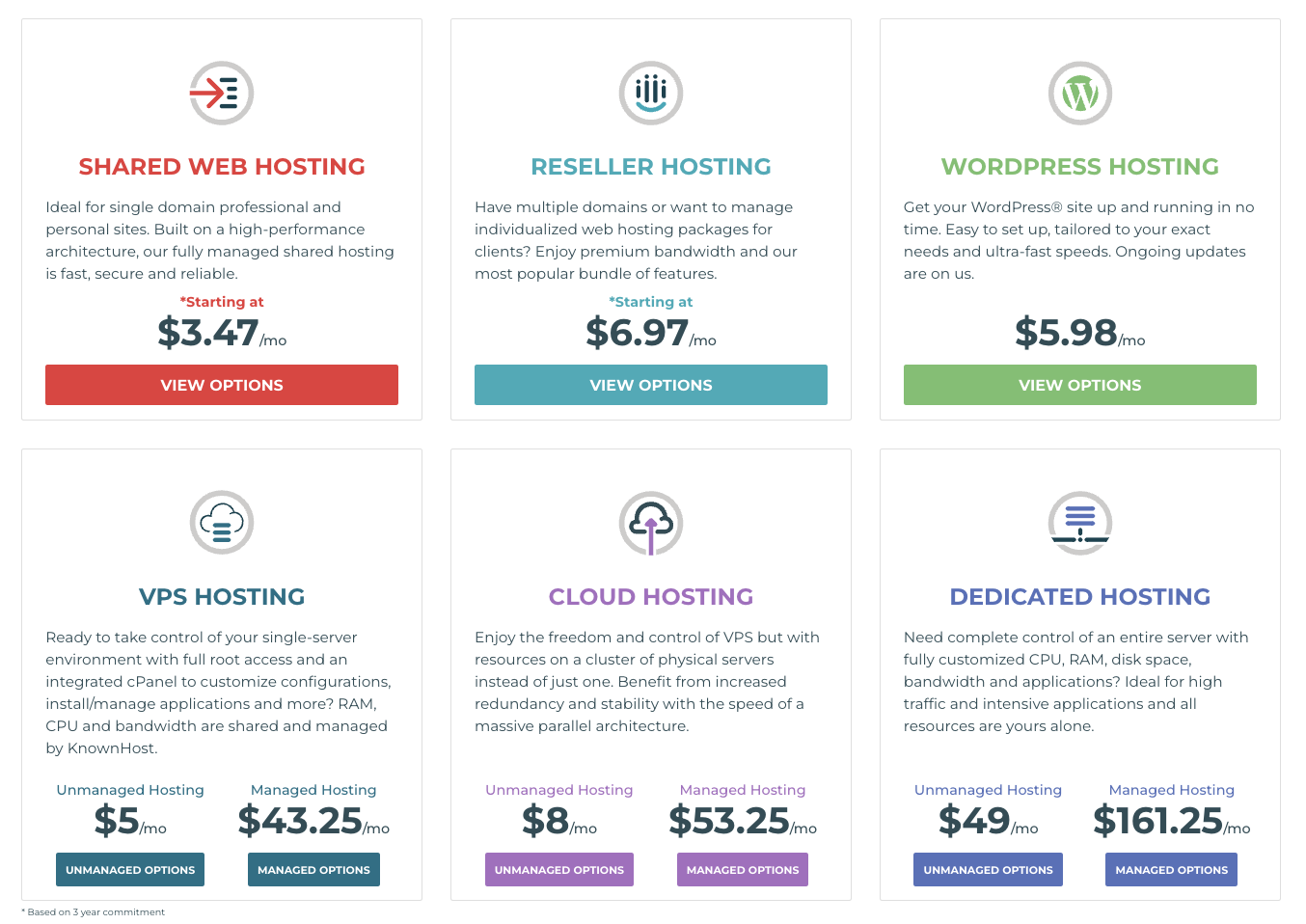
KnownHost offers a wide range of web hosting plans to fit the needs of businesses of all sizes. Here are some of the plan types they offer:
Shared Hosting: This is the most basic type of web hosting and is ideal for small websites with low traffic. Shared hosting plans typically offer unlimited bandwidth and storage, but the resources are shared with other websites on the same server.




